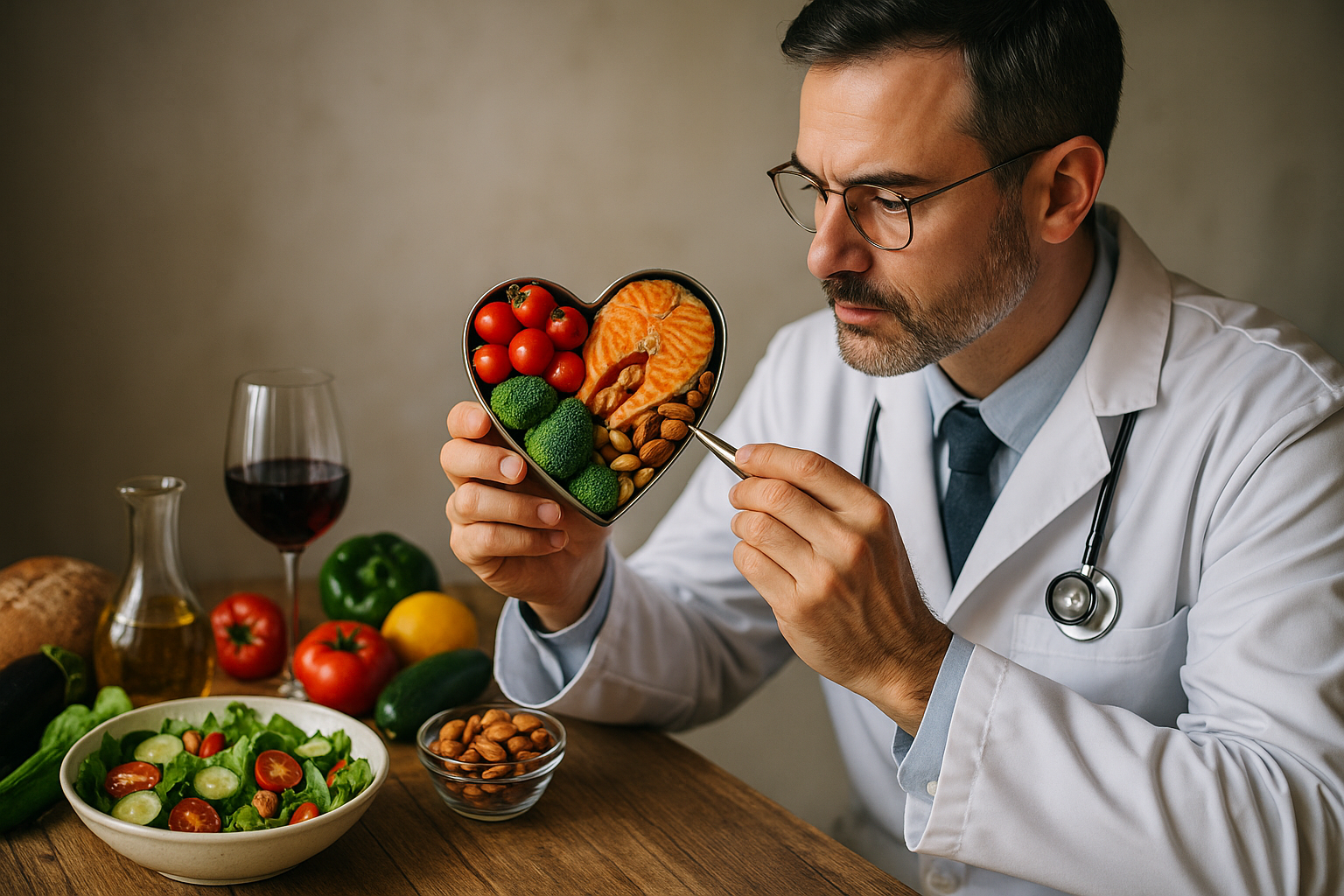5 Foods to Avoid If You Have Macular Degeneration for Better Eye Health in 2025
Macular degeneration is a progressive eye condition that affects millions of people worldwide. As we look ahead to 2025, managing this condition through dietary choices remains crucial for maintaining eye health. While certain foods can support retinal health, others may potentially exacerbate macular degeneration. This article explores five foods that individuals with macular degeneration should consider avoiding to promote better eye health in the coming years.

What is macular degeneration and how does diet impact it?
Macular degeneration is a condition that affects the macula, the central part of the retina responsible for sharp, detailed vision. As the disease progresses, it can lead to significant vision loss. While age is a primary risk factor, research has shown that diet plays a crucial role in the development and progression of macular degeneration. Certain foods can contribute to oxidative stress and inflammation, which are known to worsen the condition. Conversely, a diet rich in antioxidants and anti-inflammatory compounds may help slow the disease’s progression.
Which processed foods should be limited for eye health?
Highly processed foods, particularly those high in refined carbohydrates and unhealthy fats, should be limited in a macular degeneration-friendly diet. These foods often contain hidden ingredients linked to vision loss, such as trans fats and excessive amounts of omega-6 fatty acids. Packaged snacks, white bread, and sugary cereals can cause rapid spikes in blood sugar, potentially leading to inflammation and oxidative stress in the body, including the eyes. Opting for whole grains, fresh fruits, and vegetables instead can provide essential nutrients that support retinal health.
How do high-glycemic index foods affect macular degeneration?
Foods with a high glycemic index (GI) can be surprisingly risky for retinal health. These foods cause rapid increases in blood sugar levels, which may contribute to the formation of advanced glycation end-products (AGEs). AGEs are compounds that can damage proteins in the body, including those in the retina. Studies have suggested a link between high-GI diets and an increased risk of macular degeneration progression. To mitigate this risk, individuals should consider replacing high-GI foods like white rice, potatoes, and sugary drinks with lower-GI alternatives such as quinoa, sweet potatoes, and water.
Why should red and processed meats be consumed in moderation?
Red and processed meats are among the everyday food choices that influence macular degeneration risk. These meats are often high in saturated fats and can contain nitrites and other preservatives that may contribute to oxidative stress. Additionally, cooking methods like grilling or frying at high temperatures can produce compounds that may be harmful to eye health. While complete elimination isn’t necessary, reducing consumption and opting for lean proteins like fish, poultry, and plant-based sources can be beneficial for those managing macular degeneration.
What are the hidden dangers of excessive alcohol consumption for eye health?
While moderate alcohol consumption may have some health benefits, excessive intake can pose significant risks for individuals with macular degeneration. Alcohol can interfere with the absorption of nutrients essential for eye health, such as vitamins A and E. It can also lead to dehydration, which may affect the eyes’ ability to produce tears and maintain proper hydration. Furthermore, heavy drinking has been associated with an increased risk of age-related macular degeneration. Limiting alcohol consumption and staying well-hydrated with water and other non-alcoholic beverages is advisable for maintaining optimal eye health.
How can you build a macular-friendly meal plan?
Creating a macular-friendly meal plan involves more than just avoiding certain foods; it requires a comprehensive approach to nutrition. Expert insights on nutrition and eye health suggest focusing on a diet rich in colorful fruits and vegetables, particularly those high in lutein and zeaxanthin, such as spinach, kale, and corn. Incorporating omega-3 fatty acids from sources like fish or flaxseeds can also support retinal health. Here are some tips for building a macular-friendly meal plan:
-
Include a variety of leafy greens in daily meals
-
Choose whole grains over refined carbohydrates
-
Incorporate fish into your diet at least twice a week
-
Snack on nuts and seeds for healthy fats and vitamins
-
Limit processed foods and opt for whole, natural ingredients
By making these dietary adjustments and being mindful of the foods to avoid, individuals with macular degeneration can take proactive steps towards better eye health in 2025 and beyond. Remember, while diet plays a significant role, it’s essential to work with healthcare professionals for comprehensive management of macular degeneration.
This article is for informational purposes only and should not be considered medical advice. Please consult a qualified healthcare professional for personalized guidance and treatment.




